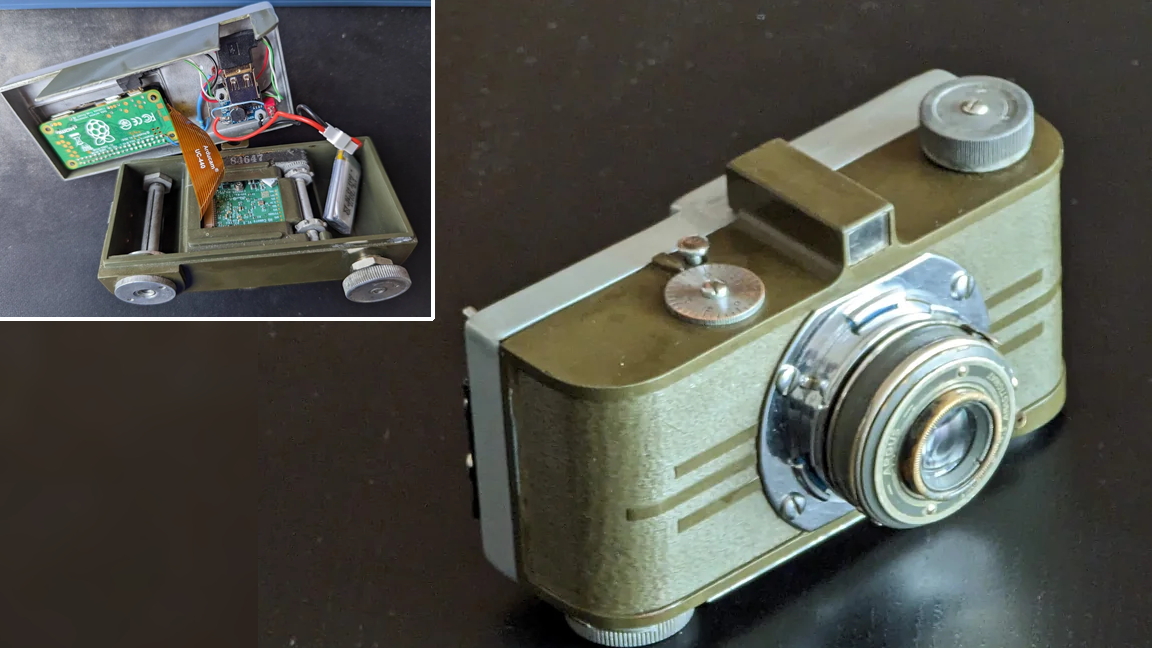
When it comes to historical re-enactments, one thing you don’t want to do is break immersion. That’s where TankArchives’ latest Raspberry Pi project comes into play. Using a Raspberry Pi Zero , he’s turned a vintage 1940s Argust A camera digital thanks to a Raspberry Pi High Quality camera module. Best of all, the original camera was not damaged during the creation of the project. Using this Pi-powered digital camera, TankArchives can capture images while retaining the appropriate look and feel of the era.
The camera used in this project, the Argust A, isn’t a terribly expensive antique to acquire. TankArchives explains that you can find a working model for around $50. That said, it’s still a historical relic and being a re-enactment fan, it’s no surprise TankArchives wanted to preserve it as much as possible.
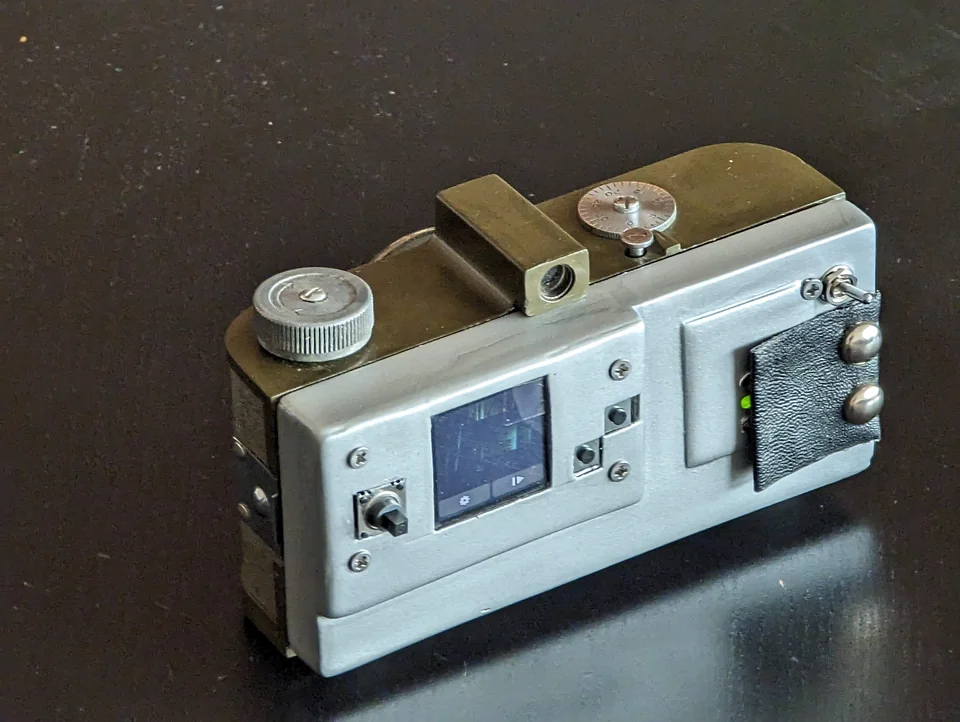
In this case, TankArchives has opted to use a Raspberry Pi Zero W along with a Raspberry Pi HQ Camera module. Although TankArchives is using the wireless model of the Pi Zero, you could get away with using one without wireless support. The new Global Shutter Camera is also a viable alternative to the HQ camera, as it can capture fast moving images with no rolling-shutter artefacts. The project also uses an Adafruit Joy Bonnet for controls, a 5V boost converter, as well as a 450 mAh LiPo battery. An intermediate 16mm M12 lens is included as well.
Although everything fit inside the camera housing, TankArchives explained that they would rather have used a different camera module. The HQ Camera module had to be partially cut so it would fit inside the original lens hole. It also doesn’t have autofocus so the camera has to be disassembled to manually adjust the focus. With all of the hardware in place, the final camera relies on a digital shutter and can last for roughly an hour off a single charge.
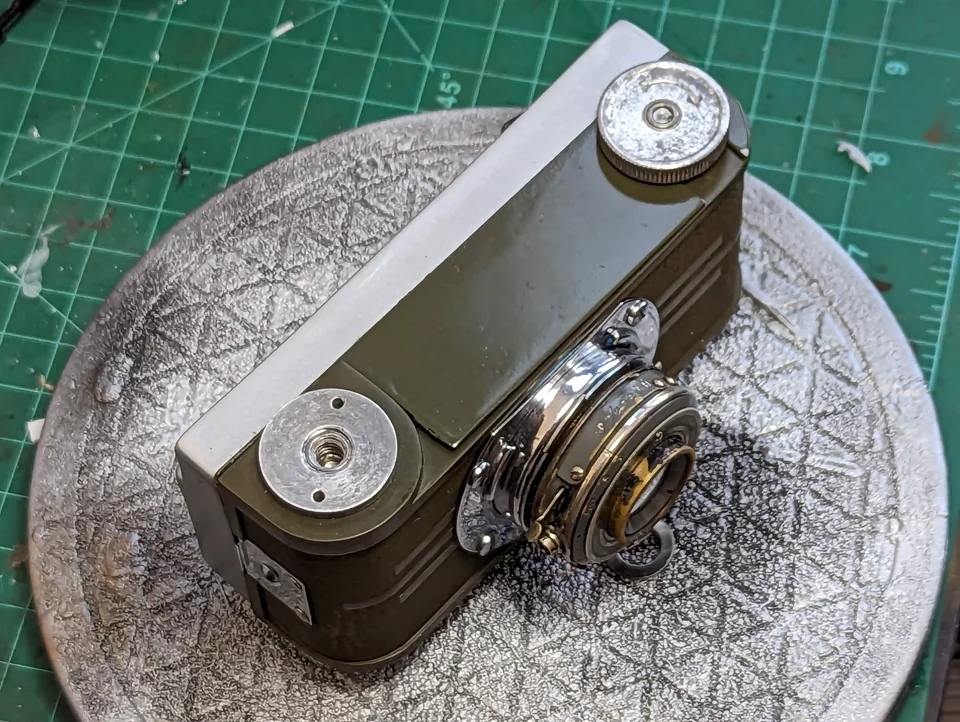
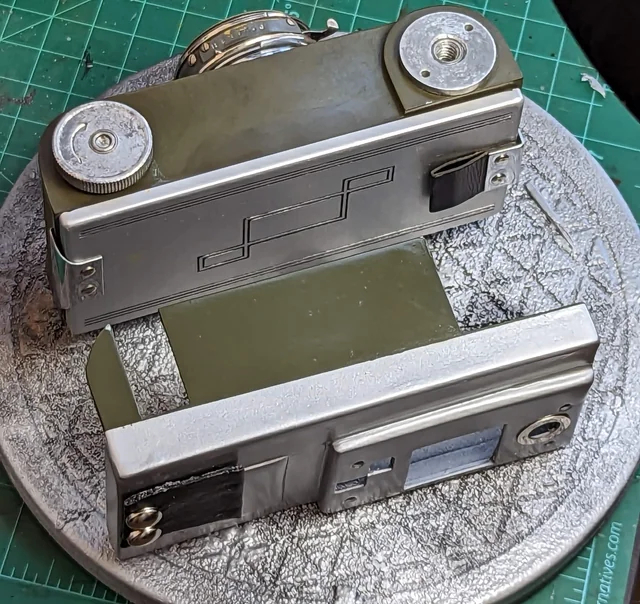
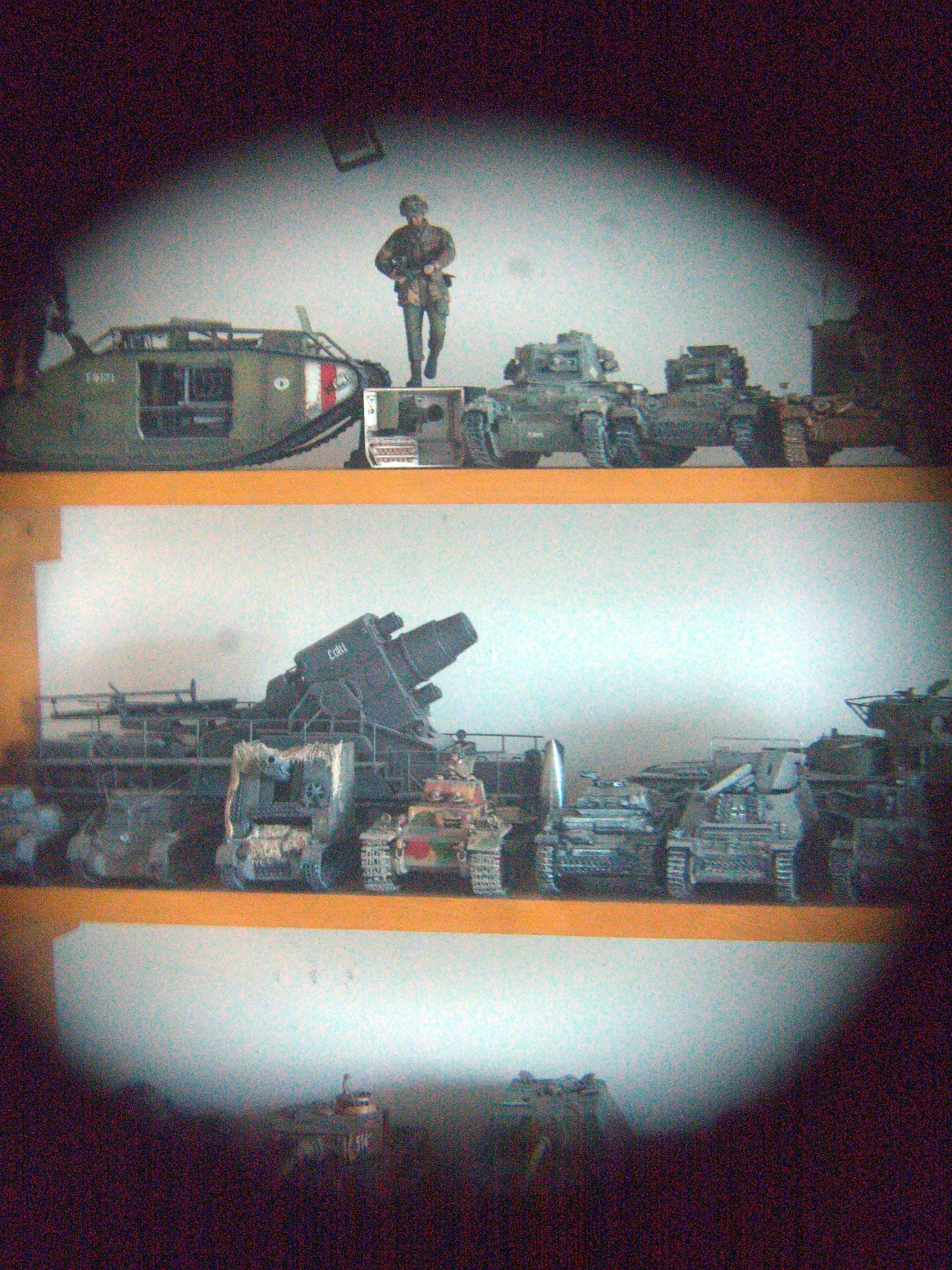
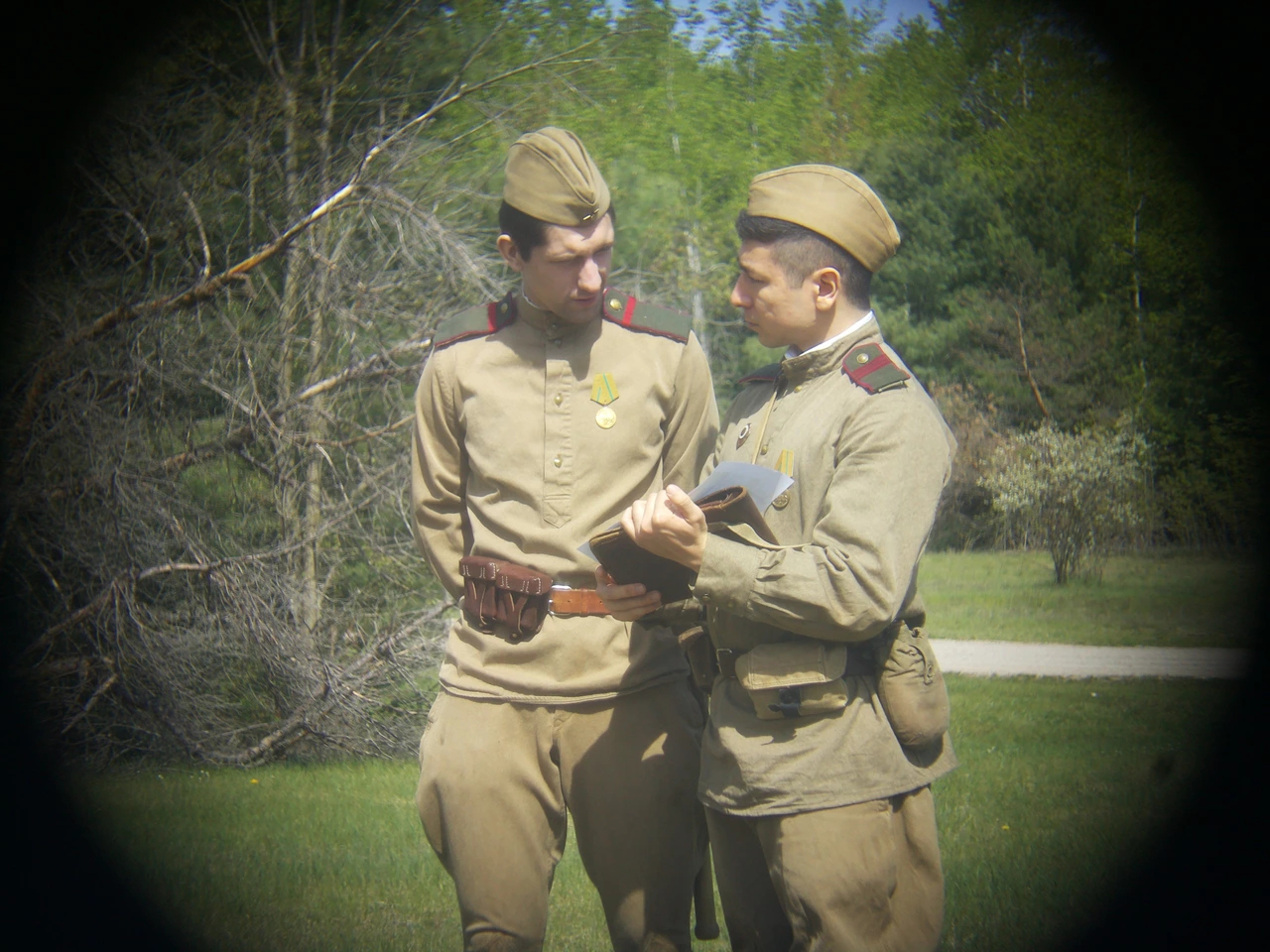
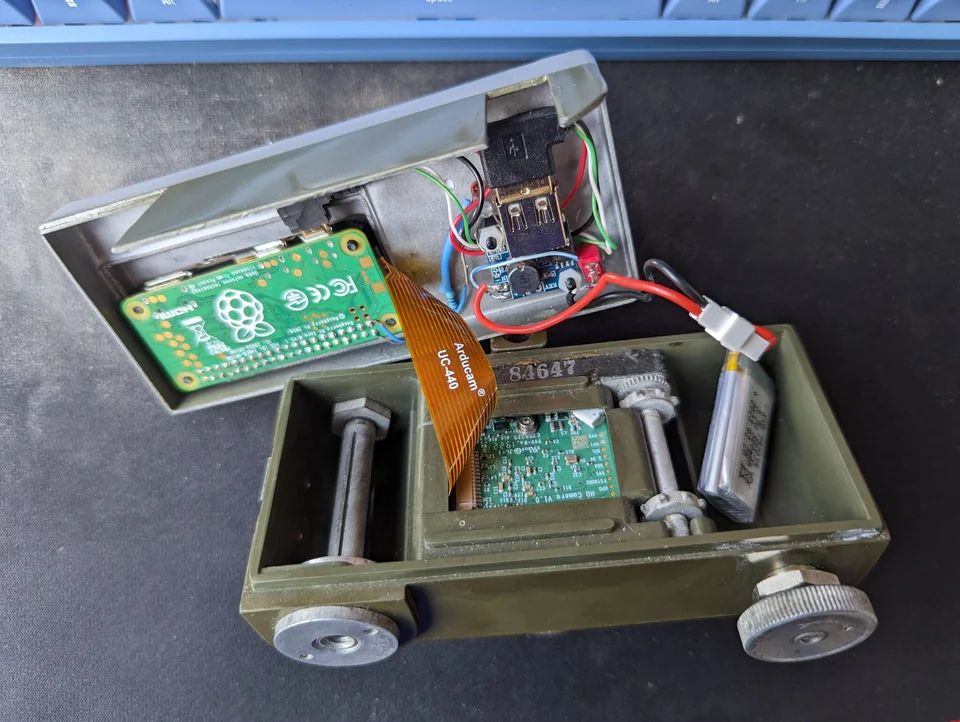
The software used to capture images was created using a mixture of Python 3 and libcamera2. Picamera2 can also be used and provides a Pythonic means to interact with the camera. According to TankArchives, capturing images is somewhat slow and the unit takes a minute or so to completely boot. Taking a photo requires a couple of seconds to fully capture.
If you want to recreate this Raspberry Pi project or just get a closer look at how it goes together, check out the original thread shared to Reddit by TankArchives.







